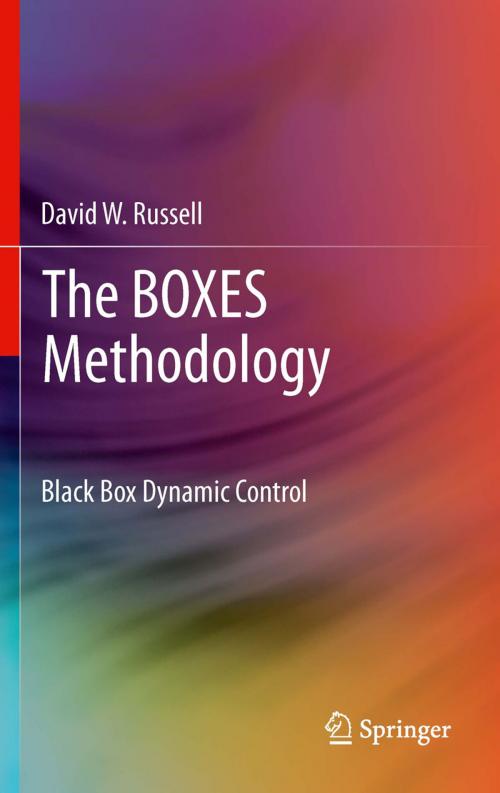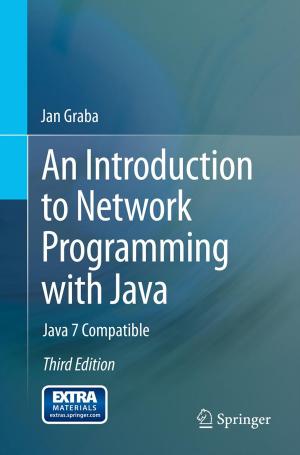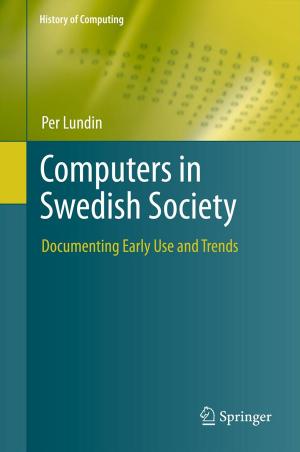The BOXES Methodology
Black Box Dynamic Control
Nonfiction, Science & Nature, Technology, Automation, Engineering, Mechanical| Author: | David W. Russell | ISBN: | 9781849965286 |
| Publisher: | Springer London | Publication: | March 12, 2012 |
| Imprint: | Springer | Language: | English |
| Author: | David W. Russell |
| ISBN: | 9781849965286 |
| Publisher: | Springer London |
| Publication: | March 12, 2012 |
| Imprint: | Springer |
| Language: | English |
Robust control mechanisms customarily require knowledge of the system’s describing equations which may be of the high order differential type. In order to produce these equations, mathematical models can often be derived and correlated with measured dynamic behavior. There are two flaws in this approach one is the level of inexactness introduced by linearizations and the other when no model is apparent. Several years ago a new genre of control systems came to light that are much less dependent on differential models such as fuzzy logic and genetic algorithms. Both of these soft computing solutions require quite considerable a priori system knowledge to create a control scheme and sometimes complicated training program before they can be implemented in a real world dynamic system.
Michie and Chambers’ BOXES methodology created a black box system that was designed to control a mechanically unstable system with very little a priori system knowledge, linearization or approximation. All the method needed was some notion of maximum and minimum values for the state variables and a set of boundaries that divided each variable into an integer state number. The BOXES Methodology applies the method to a variety of systems including continuous and chaotic dynamic systems, and discusses how it may be possible to create a generic control method that is self organizing and adaptive that learns with the assistance of near neighbouring states.
The BOXES Methodology introduces students at the undergraduate and master’s level to black box dynamic system control , and gives lecturers access to background materials that can be used in their courses in support of student research and classroom presentations in novel control systems and real-time applications of artificial intelligence. Designers are provided with a novel method of optimization and controller design when the equations of a system are difficult or unknown. Researchers interested in artificial intelligence (AI) research and models of the brain and practitioners from other areas of biology and technology are given an insight into how AI software can be written and adapted to operate in real-time.
Robust control mechanisms customarily require knowledge of the system’s describing equations which may be of the high order differential type. In order to produce these equations, mathematical models can often be derived and correlated with measured dynamic behavior. There are two flaws in this approach one is the level of inexactness introduced by linearizations and the other when no model is apparent. Several years ago a new genre of control systems came to light that are much less dependent on differential models such as fuzzy logic and genetic algorithms. Both of these soft computing solutions require quite considerable a priori system knowledge to create a control scheme and sometimes complicated training program before they can be implemented in a real world dynamic system.
Michie and Chambers’ BOXES methodology created a black box system that was designed to control a mechanically unstable system with very little a priori system knowledge, linearization or approximation. All the method needed was some notion of maximum and minimum values for the state variables and a set of boundaries that divided each variable into an integer state number. The BOXES Methodology applies the method to a variety of systems including continuous and chaotic dynamic systems, and discusses how it may be possible to create a generic control method that is self organizing and adaptive that learns with the assistance of near neighbouring states.
The BOXES Methodology introduces students at the undergraduate and master’s level to black box dynamic system control , and gives lecturers access to background materials that can be used in their courses in support of student research and classroom presentations in novel control systems and real-time applications of artificial intelligence. Designers are provided with a novel method of optimization and controller design when the equations of a system are difficult or unknown. Researchers interested in artificial intelligence (AI) research and models of the brain and practitioners from other areas of biology and technology are given an insight into how AI software can be written and adapted to operate in real-time.















